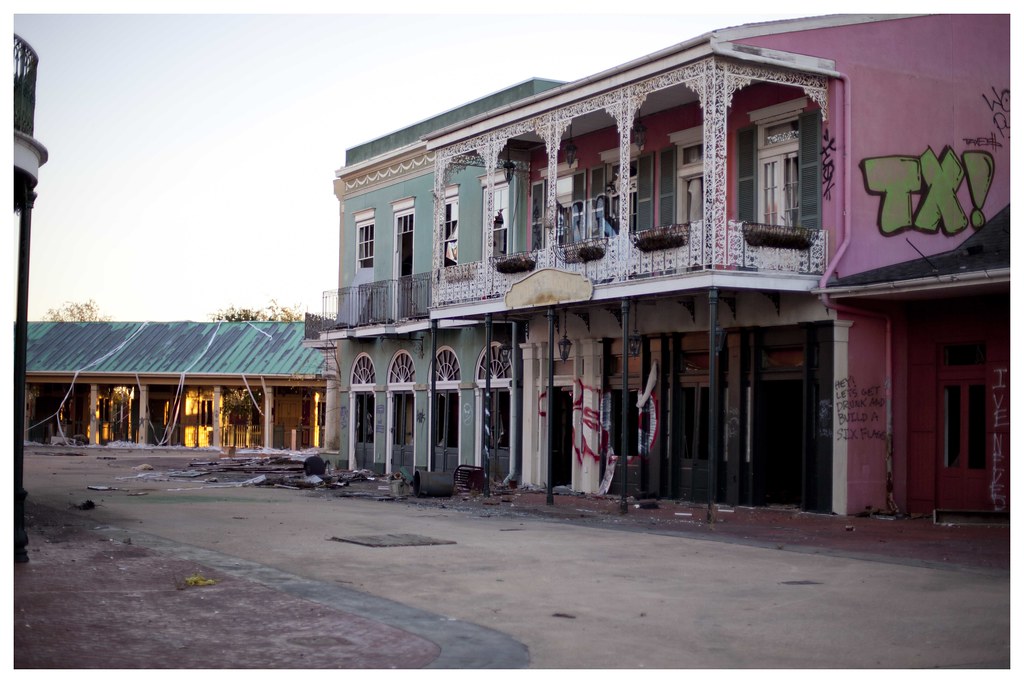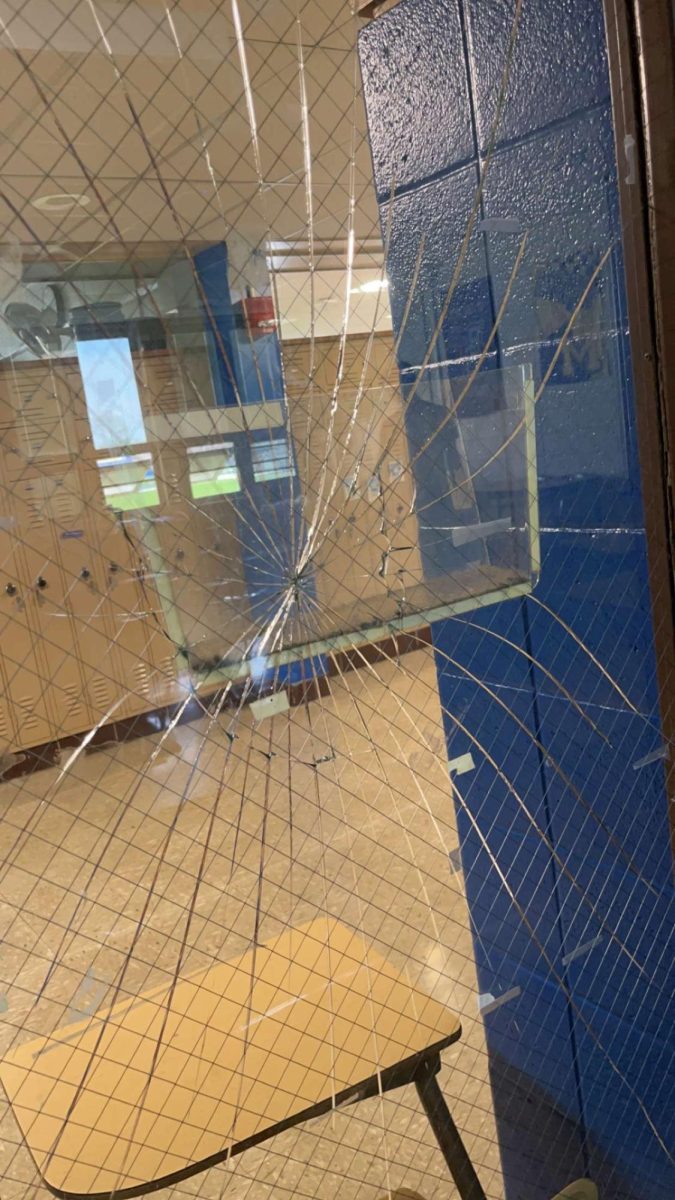July was the hottest month for Louisiana and August the driest. These conditions have made the Mississippi river dry up, allowing a saltwater intrusion. New Orleans has since called for a drinking water emergency.
Droughts are not uncommon in Louisiana, but in the most recent years it has gotten worse. As the climate changes, there have been higher highs and lower lows all across the world, which makes rainfall fluctuate as well. This is concerning for many reasons, one of which being both the lack of or overabundance of rainfall.
“That moisture has to go somewhere,” science teacher Mike Ruthenberg said. “That causes problems for the drier areas around Louisiana because they don’t have a good system for draining all that water.”
Texas, a state with little annual rainfall, has no drains in its roads. When it does rain, the roads quickly become flooded. Louisiana has the opposite issue, where they get a lot of fresh water from the Mississippi.
“Droughts take from a year to ten years to recover from,” continued Mr. Ruthenberg. “It really just depends on how bad it is.”
The encroachment of seawater would salt the earth, killing off the local flora and destroying the root systems. If that were to happen, the plants around the New Orleans area would enter reverse osmosis. Carbon dioxide intake would decrease and the plants themselves would become more susceptible to disease.
The Mississippi River provides most of the US with fresh water, not just Louisiana. Farms, especially industrial ones, would suffer with the possibility that the animals’ food supply is cut off. This would cause a shortage in a wide variety of products and an increase in pricing.
“Droughts can cause a shortage of drinking water and clean water overall,” science teacher Ryan Allshouse said. “I know that my family would have to cut back on our water usage because we use a well.”
Louisiana has been taking countermeasures against saltwater surges by building underground levees. When the denser saltwater rushes over the levees, it will sink down and be pushed back into the gulf. This way, one of the United States’ biggest sources of fertile land and water will be at least a little safe from droughts in the future.



